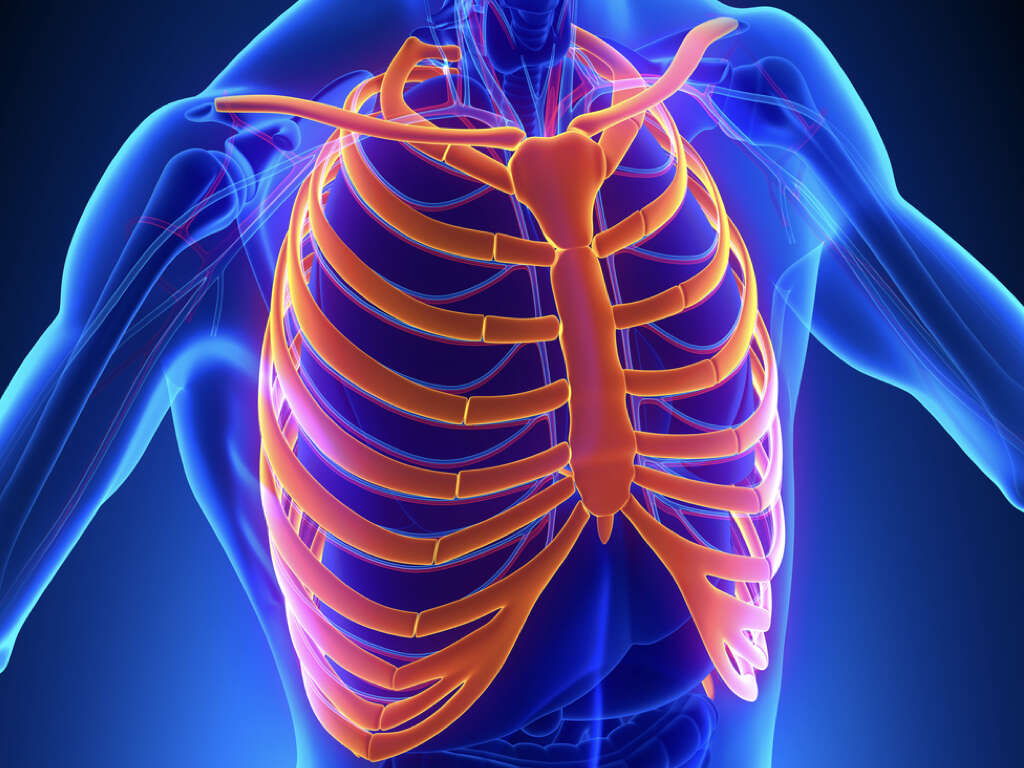What Is Angina Pectoris?
8. What Are the Risk Factors for Angina Pectoris?
Angina can affect anyone, but there are a number of risk factors that increase the possibility of developing the condition. These include smoking, diabetes, high cholesterol, high blood pressure, a sedentary lifestyle, and family history of heart disease. Age is also an important risk factor, with men over age 45 and women over age 55 being at highest risk.
There are also common factors that may precede a flare-up of angina, like physical activity, emotional stress, or eating a large meal. Some people are also more likely to experience angina in cold temperatures.
Advertisement












